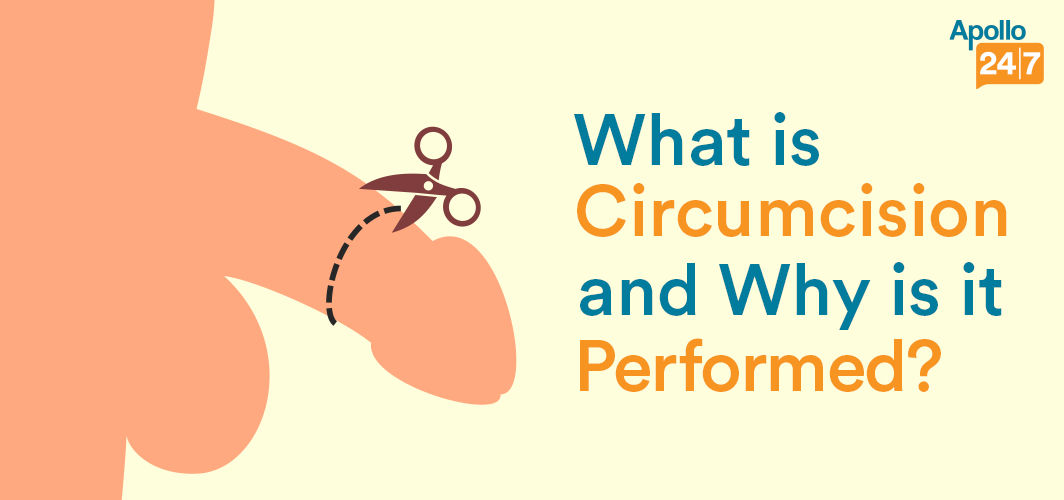General Health
Dos and Don’ts Before a Blood test
3 min read
By Dr Dhanunjay Bonthu - 13 May 2022, Updated on - 07 August 2024
Share this article
0
0 like

A Blood Test is the most commonly prescribed laboratory test by doctors to diagnose any specific disease or evaluate the patient's overall health. Most patients are recommended to undergo a blood test before any surgical procedure. This is because blood tests can help the surgeon rule out the presence of any major blood disorder that can hamper the surgery and its outcomes. Also, it helps in tracing any inflammation or infection in the body.
Types of Blood Tests
While different types of blood tests can be suggested by doctors, some of them are:
- Complete Blood Count [CBC]
- HbA1c, Glycated Hemoglobin
- Lipid Profile Test
- Thyroid Profile
- Blood Urea Nitrogen [BUN]
- Creatinine Serum
The doctor would suggest an appropriate blood test based on the symptoms of the patient.
Uses of Blood Test
A blood test, also known as blood analysis or blood work, is a laboratory examination where a sample of blood is examined to obtain information about its physical and chemical properties. Based on the results, doctors can track how well the patient is managing the medical condition. Blood tests can help in:
- Diagnosing certain diseases and medical conditions.
- Monitoring acute and chronic conditions such as high cholesterol, diabetes, and anaemia.
- Finding the appropriate treatment course for a specific disease.
- Evaluating the effectiveness of ongoing treatment.
- Evaluating the well-being of internal organs such as kidneys, spleen, heart, thyroid, and liver.
- Finding health problems in early stages.
- Diagnosing different types of bleeding and clotting disorders.
- Finding out whether the patient's immune system is normal or abnormal [any trouble in fighting infections].
Also Read:
Risk of Heart Disease Even at Low Blood Pressure Levels in Women
Are People with Blood Group ‘A’ More Vulnerable to COVID-19?
Do’s Before a Blood Test
Following are some of the do’s that one should follow before a blood test.
- Keep yourself hydrated by drinking plenty of water.
- Calm down and relax for 10-15 minutes before the withdrawal of the blood.
- Inform the doctor about the medications, vitamins or supplements that you’ve been taking.

- Follow the doctor's instructions if you are getting a blood test during your menstrual cycle.
- Get enough sleep the night before the blood test.
Don’ts Before a Blood Test
Following are some of the don’ts that one should follow before a blood test.
- Don’t eat or drink anything except water for 8 to 12 hours before getting the blood test.
- Do not stop any medication without consulting the doctor.
- Don’t eat heavy, fatty, and fried food items 1-2 days before the test day.

- Try to avoid performing heavy exercises a day before the blood test.
- Do not smoke or drink alcohol for 24 hours before the blood test.
- Blood tests are not usually recommended after physiotherapy, massage therapy, or reflexotherapy. So, try to avoid any of these before undergoing a blood test.
By any chance, if you miss or deviated from the above-mentioned instructions, we suggest you contact the doctor.
The Bottomline
The doctor recommends a specific type of blood test based on the medical condition. One should know about the do’s and don’ts before a blood test as they can help the patient to prepare for the blood test.
Want to book a Complete Blood Count test?
General Health
Leave Comment
Recommended for you

General Health
What Is Circumcision And Its Benefits?
Circumcision is a surgery that helps to remove excess foreskin. In case you are suffering from penile pain, redness or red patches on the penis, painful urination, unable to retract the foreskin over the glans penis, etc. consult our urologists.

General Health
Identifying The Symptoms Of Food Poisoning
Food poisoning, a common form of foodborne illness, occurs when individuals consume contaminated food or beverages. This article explores the symptoms and causes of food poisoning and provides valuable insights into preventing it through the implementation of food safety practices.

General Health
Plugged to Your Headphones For Long? This is Why You Should Stop It Immediately!
Headphones have become an integral part of our daily life. Whether travelling, jogging, or cooking, we remain plugged into our headphones to keep ourselves entertained. But, did you know this habit can actually cause hearing loss?
Subscribe
Sign up for our free Health Library Daily Newsletter
Get doctor-approved health tips, news, and more.
Visual Stories

Science-backed Home Remedies for Burns and Blisters
Tap to continue exploring
Recommended for you

General Health
What Is Circumcision And Its Benefits?
Circumcision is a surgery that helps to remove excess foreskin. In case you are suffering from penile pain, redness or red patches on the penis, painful urination, unable to retract the foreskin over the glans penis, etc. consult our urologists.

General Health
Identifying The Symptoms Of Food Poisoning
Food poisoning, a common form of foodborne illness, occurs when individuals consume contaminated food or beverages. This article explores the symptoms and causes of food poisoning and provides valuable insights into preventing it through the implementation of food safety practices.

General Health
Plugged to Your Headphones For Long? This is Why You Should Stop It Immediately!
Headphones have become an integral part of our daily life. Whether travelling, jogging, or cooking, we remain plugged into our headphones to keep ourselves entertained. But, did you know this habit can actually cause hearing loss?